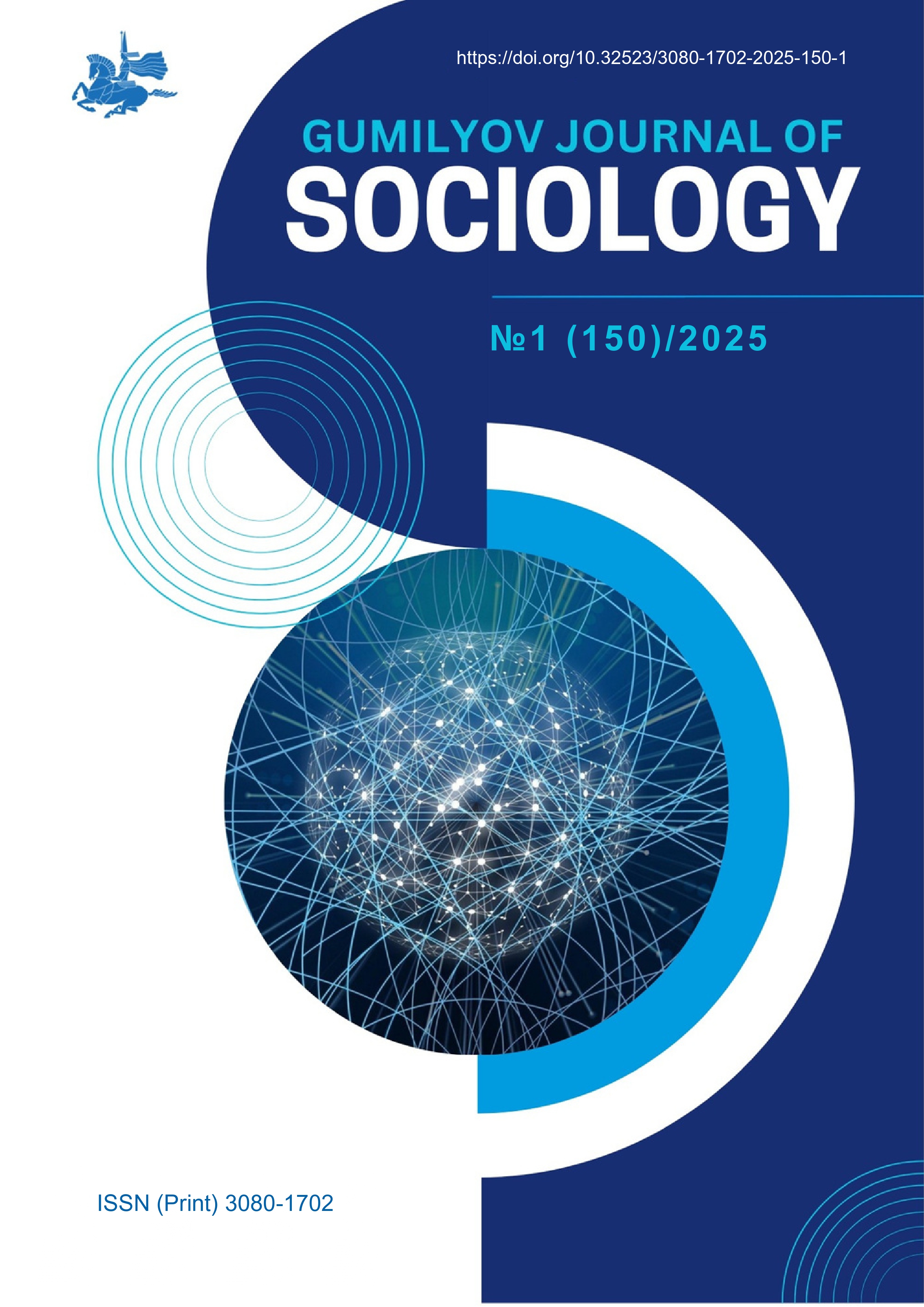Ethics and Moral Standards in Military Service: Social Aspects and Legal Regulation
DOI:
https://doi.org/10.32523/3080-1702-2025-150-1-26-36Keywords:
military ethics, professional ethics, military service, armed forces, sociological analysis, legal regulation, moral norms, discipline, patriotism, social guaranteesAbstract
This article presents a sociological analysis of the status, concepts, and constitutional-legal aspects of the modern military personnel, considering its historical roots and transformation. The study covers a wide range of concepts related to the military sphere, including military policy, combat skills, weaponry, defense systems, and the history of wars. Special attention is given to issues of military ethics, professional behavior norms, and their impact on military discipline. The authors examine the historical development of military service in Uzbekistan, emphasizing its deep historical roots and inseparable connection with the evolution of national statehood. It is noted that military service in Uzbek society has traditionally been perceived as a strategically important sector, ensuring the protection of the state, stability, and security of citizens. A separate section of the article is devoted to the normative and legal aspects of military ethics and its regulation. The key principles of military service are considered, including respect for human rights and freedoms, prevention of disciplinary violations, respectful treatment of colleagues and citizens, as well as the standards of conduct in both service and non-service time. The authors emphasize that adherence to ethical norms not only strengthens military discipline but also enhances the prestige of the armed forces in society. The analysis of international experience (USA, Bulgaria, Argentina, Moldova, Russia, Kazakhstan) demonstrates that the effective implementation of ethical codes helps to strengthen trust in the military profession and reduce corruption risks. In this regard, it is crucial for Uzbekistan to continue improving the mechanisms of ethical regulation in military service and to introduce modern methods of training military personnel. Thus, the article highlights the importance of military ethics in shaping the professional self-awareness of military personnel and their responsibility to society. The authors conclude that it is necessary to strengthen career guidance work among young people, develop a pre-university military training system, and improve legislative norms in the field of military service.








